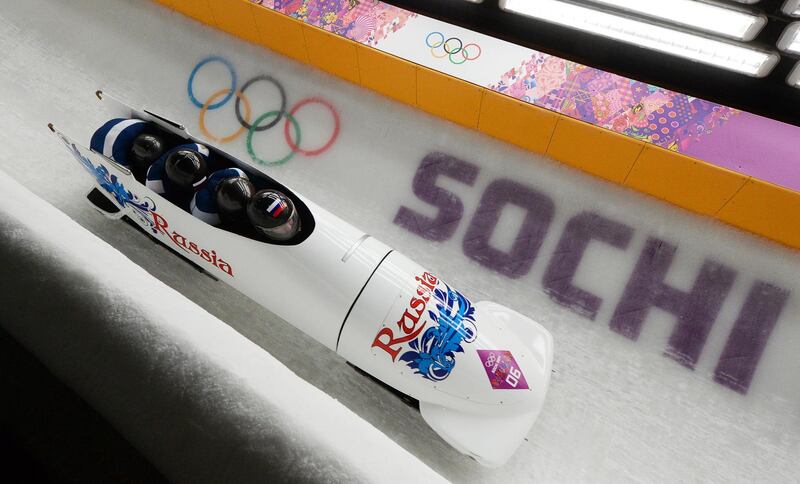Vladimir Putin has staked Russia's prestige - and his own reputation - on sporting achievements but a possible ban from the Winter Olympics after claims of state-run doping threatens to wipe out any successes.
Observers say it was the Kremlin's desire for victory that fuelled the cheating that spectacularly backfired, with the country losing its top ranking in the 2014 Sochi Winter Olympics after being stripped of 11 medals for doping.
More penalties are expected in the coming days as the International Olympic Committee meets on Tuesday to rule on whether to ban Russia from competing in the Winter Games in Pyeongchang, South Korea, in February as punishment for cheating at the 2014 Sochi Olympics.
"Sport is a huge media and political resource and Sochi was very important for the country's image," said political commentator Sergei Medvedev, adding Russia had resorted to mass-scale doping to guarantee victory in the Sochi games.
"It turns out they overplayed their hand and the largest scandal in the history of the Olympic movement ensued," the professor at the Moscow-based Higher School of Economics told AFP.
"It is a huge blow to Russian sport."
Russia may not be barred from the world's most prestigious sporting event altogether but IOC officials are likely to ban Russian emblems including its flag and anthem from the games.
An explosive 2016 report by the World Anti-Doping Agency detailing the "state-dictated" system to hide drug test failures said it was put in place after a dismal showing at the 2010 Winter Olympics in Vancouver.
Moscow has consistently denied running a state-orchestrated doping programme, seeking to pin all the blame on sporting officials.
In September, a Russian court issued an arrest warrant for whistleblower Grigory Rodchenkov, who has fled to the United States and spoken out about Moscow's doping cover-up.





